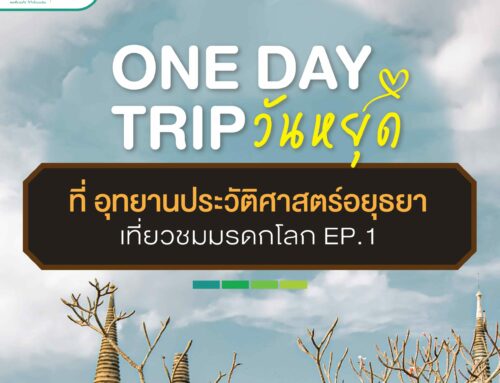Krabi, a small town on Thailand’s Andaman Coast, is the jumping-off point for some of Thiland’s most beautiful beaches, such as Phi Phi, Ao Nang and Railay. Right now the citizens of Krabi have much to feel proud about, since their town was awarded the title of ‘Global Low-Carbon Ecological Scenic Spot’ at the annual session of the Global Forum on Human Settlements (GFHS) and Sustainable Cities and Human Settlements Awards. The forum took place at the United Nations Economic and Social Commission for Asia and the Pacific (ESCAP) Center in Bangkok.

The two-day meeting had the theme of ‘Advancing Urban Innovations to Achieve SDG 11 and the New Urban Agenda’, and it was attended by over 400 participants from 40 countries. There are seventeen Sustainable Development Goals (SDGs) identified by the United Nations, and goal number 11 is Sustainable Cities and Communities. This means making cities inclusive, safe, resilient and sustainable for its residents. The importance of this goal cannot be over-emphasised, particularly since the world’s cities occupy just 3 per cent of the planet’s area, but they account for 60-80 per cent of its energy consumption and produce 75 per cent of the planet’s carbon emissions.

A total of 36 awards were made in seven different categories, and Krabi was not the only Thai winner. Hua Hin was one of the ‘Global Green City’ award winners, and two Thai high school students—Miss Wang Ruoxi, from the Satit Patumwan School, and Mr Thanik Siriphongpak, from Satit Prasarnmit School—were honoured as ‘Global Little Green Ambassadors’.
Krabi’s achievement is a shining example for other cities to follow, and the steps to going low-carbon are quite straightforward. Most important is to try to reduce our waste to zero and consume as little energy as possible. Using renewable sources of energy such as wind and solar power is also the way towards a sustainable future.

In truth, many of the most popular activities around Krabi, such as rock climbing, kayaking and snorkelling, are eco-friendly activities in themselves, so Krabi has a head start in the low-carbon stakes. Yet these are not Krabi’s only activity alternatives. White water rafting, cookery classes, spas and atmospheric bars, as well as shopping in the night market, are all enjoyable activities that are low on carbon and high on fun.






Leave A Comment